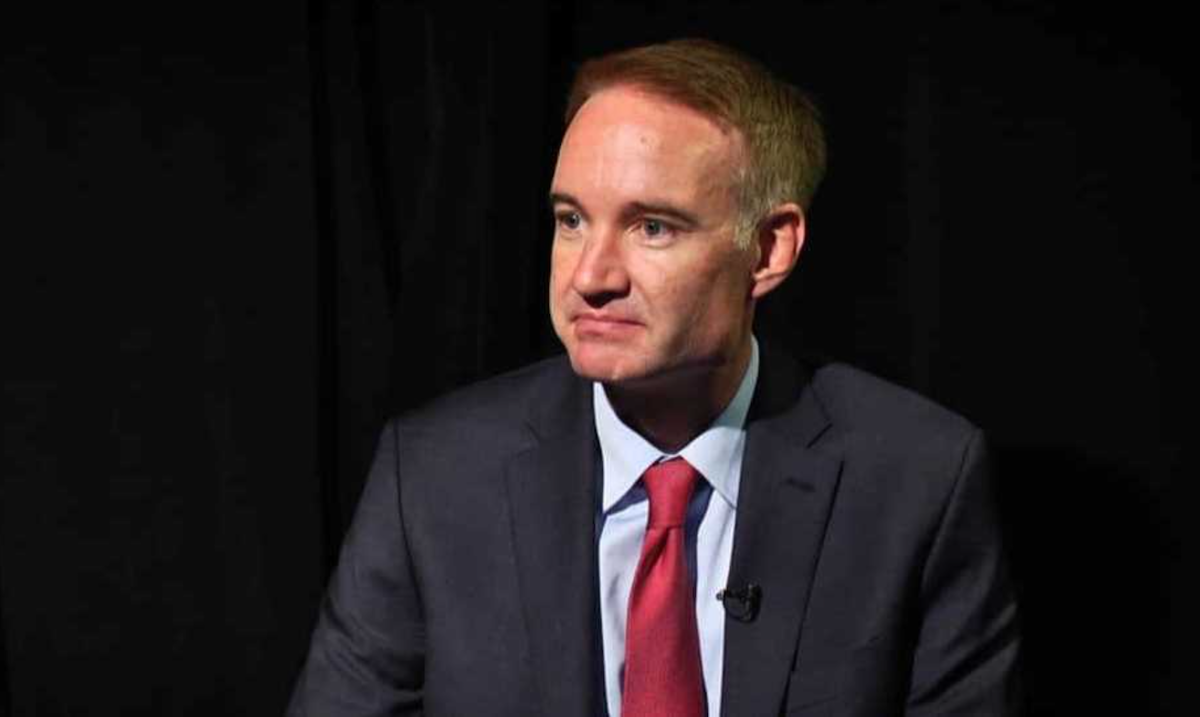White House: new sanctions against those undermining democracy in Georgia coming in weeks
US plans sanctions on Georgian authorities
US State Department spokesperson Matthew Miller said on December 16 that the US is preparing additional sanctions against Georgian officials, set to be unveiled in the coming weeks. He made the remarks during a briefing in response to questions.
What Matthew Miller said
US State Department spokesperson Matthew Miller expressed deep concern about the state of Georgian democracy and the ruling Georgian Dream party’s actions to undermine it.
“On December 13, we announced visa restrictions on 20 more Georgian citizens linked to the government and responsible for undermining democracy in the country.
In the coming weeks, we will take additional steps. As has been made abundantly clear, we have further sanctions planned, which we intend to announce in the near future.
This is not something that can be done overnight, everything must comply with the law. But this is what we are working on right now, even as we speak,” Miller said.
What sanctions and restrictions have been imposed by various countries against the Georgian authorities
● On December 16, the EU Council of Foreign Ministers decided to suspend the visa-free regime for Georgian diplomatic passports. EU High Representative for Foreign Affairs and Security Policy Kaja Kallas said, “We are halting funding and political engagement with the Georgian government.”
● On December 15, Lithuania and Estonia expanded sanctions lists targeting Georgian politicians “for violence against peaceful protesters, journalists, and the opposition.” Lithuania added 17 Georgian politicians to its list, while Estonia added 14, including Prime Minister Irakli Kobakhidze, appointed by the ruling party.
● December 5: U.S. journalist Alex Raufoglu shared remarks by Secretary of State Antony Blinken, stating that alongside the ongoing review of U.S.-Georgia bilateral relations, the U.S. is preparing to deploy additional measures, including sanctions.
● September 16: The U.S. Department of the Treasury imposed sanctions on the head of Georgia’s special forces, Zviad Kharazishvili (known as “Khareba”), and his deputy, Mileri Lagazauri, for their roles in serious human rights violations during the violent suppression of peaceful protests against the “foreign agents” law. Both were added to the Magnitsky List.
On the same day, the U.S. sanctioned two leaders of the pro-Russian Alt-info movement, Konstantin Morgoshia and Zurab Makharadze, for serious human rights abuses, including violent attacks on citizens exercising their right to peaceful assembly.
Additionally, the State Department imposed visa restrictions on more than 60 members of the Georgian government and parliament, including their family members, for “undermining democracy.”
The Treasury Department announced that all property and assets of these individuals within the U.S. or under U.S. jurisdiction would be frozen.
● June 6: The State Department announced the first package of sanctions, introducing visa restrictions that initially targeted around 30 Georgian officials and lawmakers.
● December 4: U.S. Helsinki Commission Chairman Joe Wilson issued an urgent statement on Georgia’s current political developments, calling on the State Department and European allies to impose personal sanctions on the Mayor of Tbilisi, the Minister of Internal Affairs, and “all individuals responsible for orchestrating repression.”
● December 5: Ukrainian President Volodymyr Zelensky signed a decree imposing sanctions on Bidzina Ivanishvili, oligarch and leader of “Georgian Dream,” along with 18 of his associates. Zelensky stated that the sanctions target the segment of the Georgian government that is “handing Georgia over to Putin” and called on “Europe, America, and the entire world to act decisively.”




















